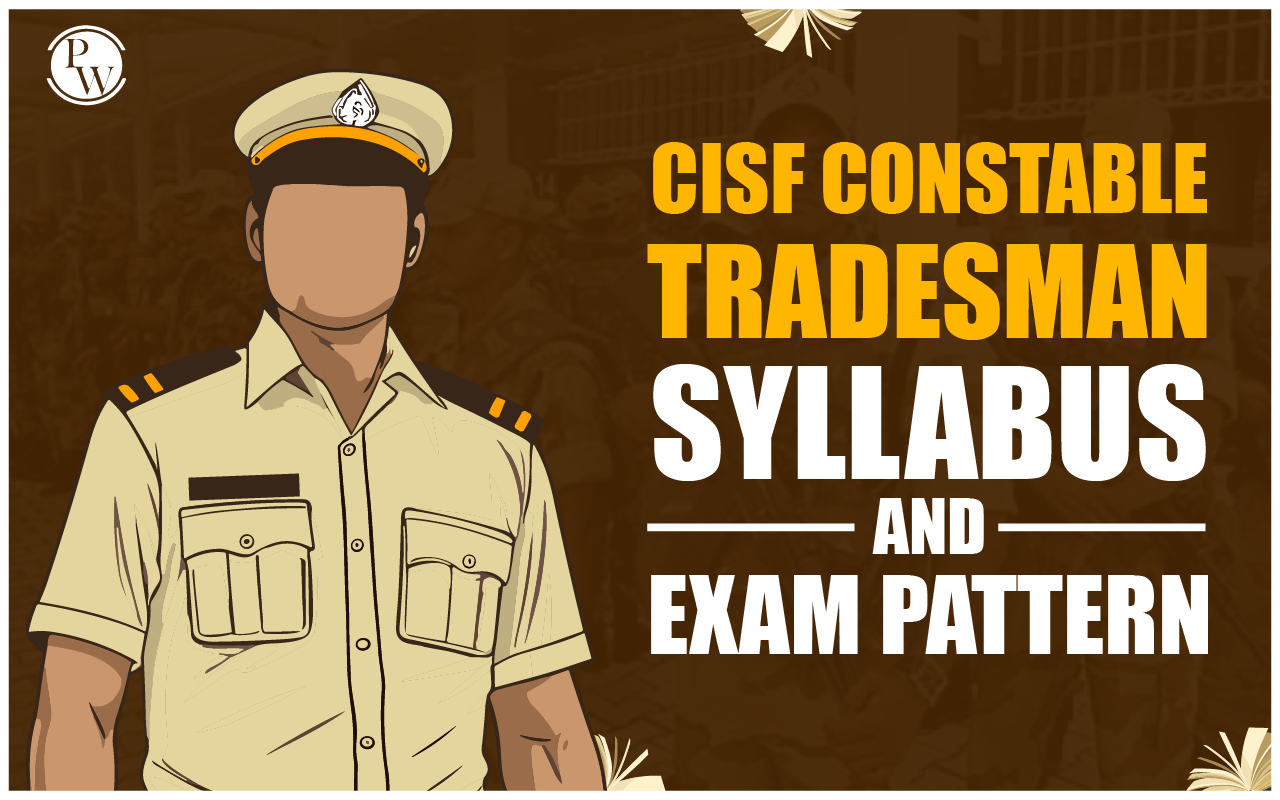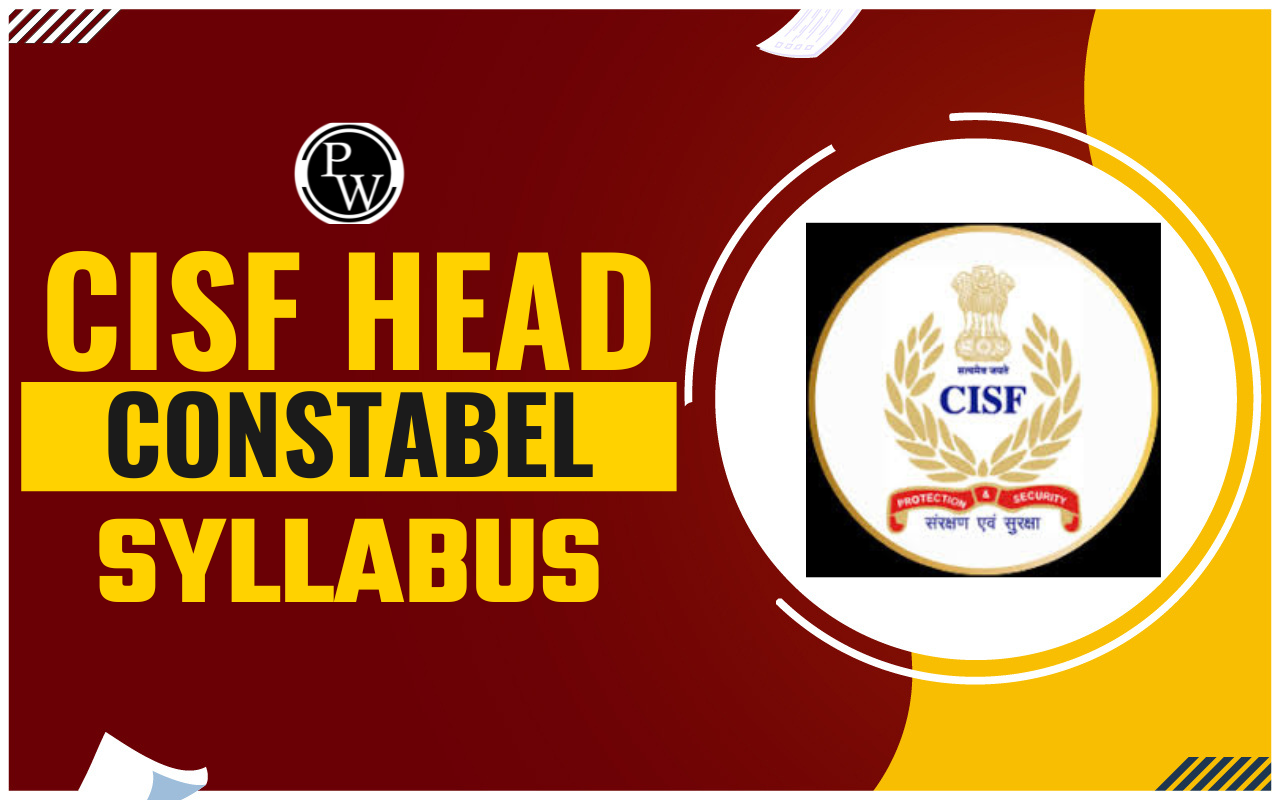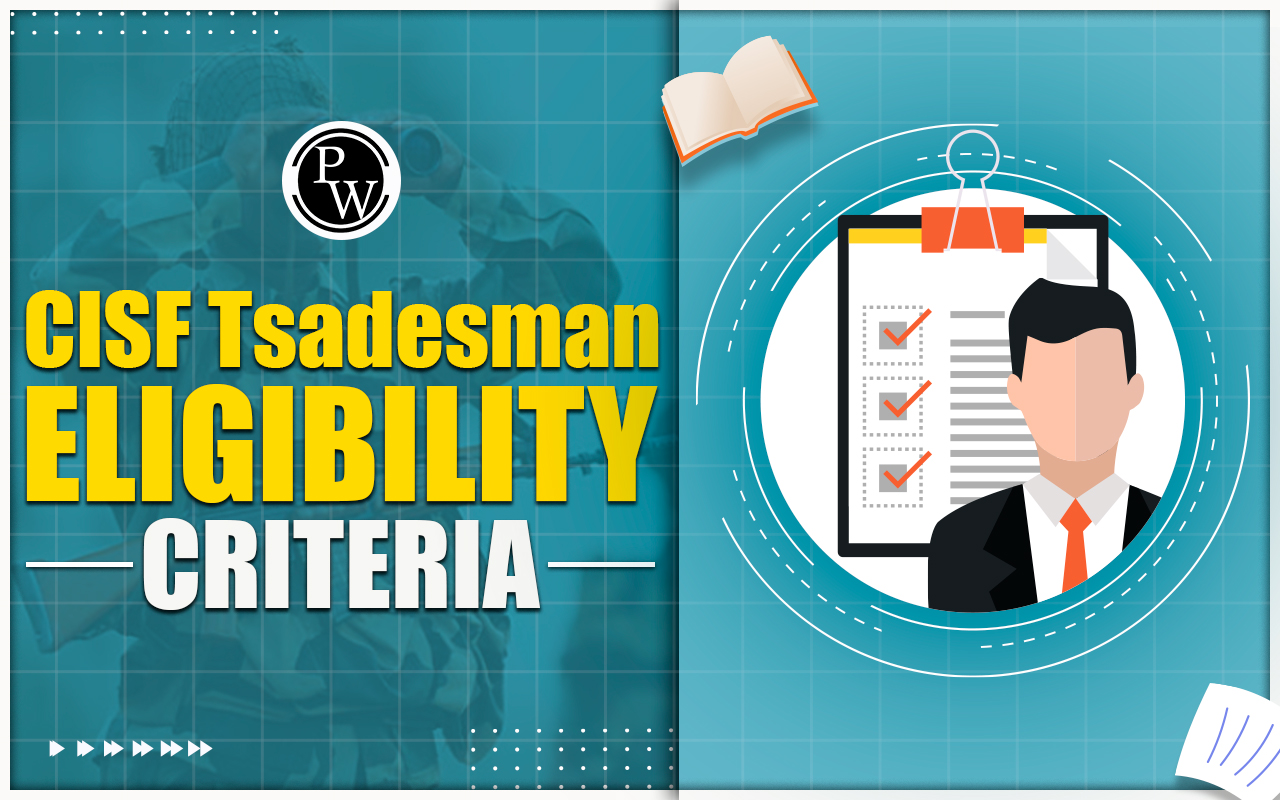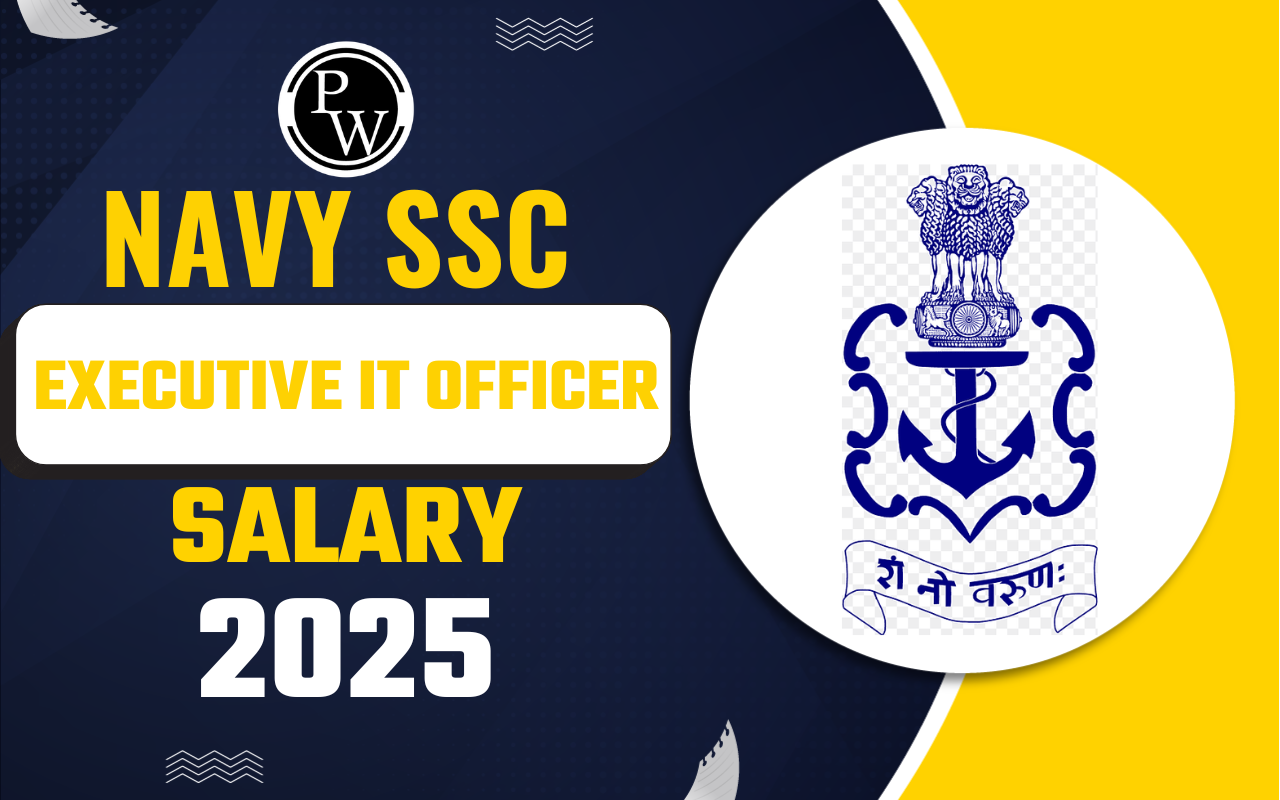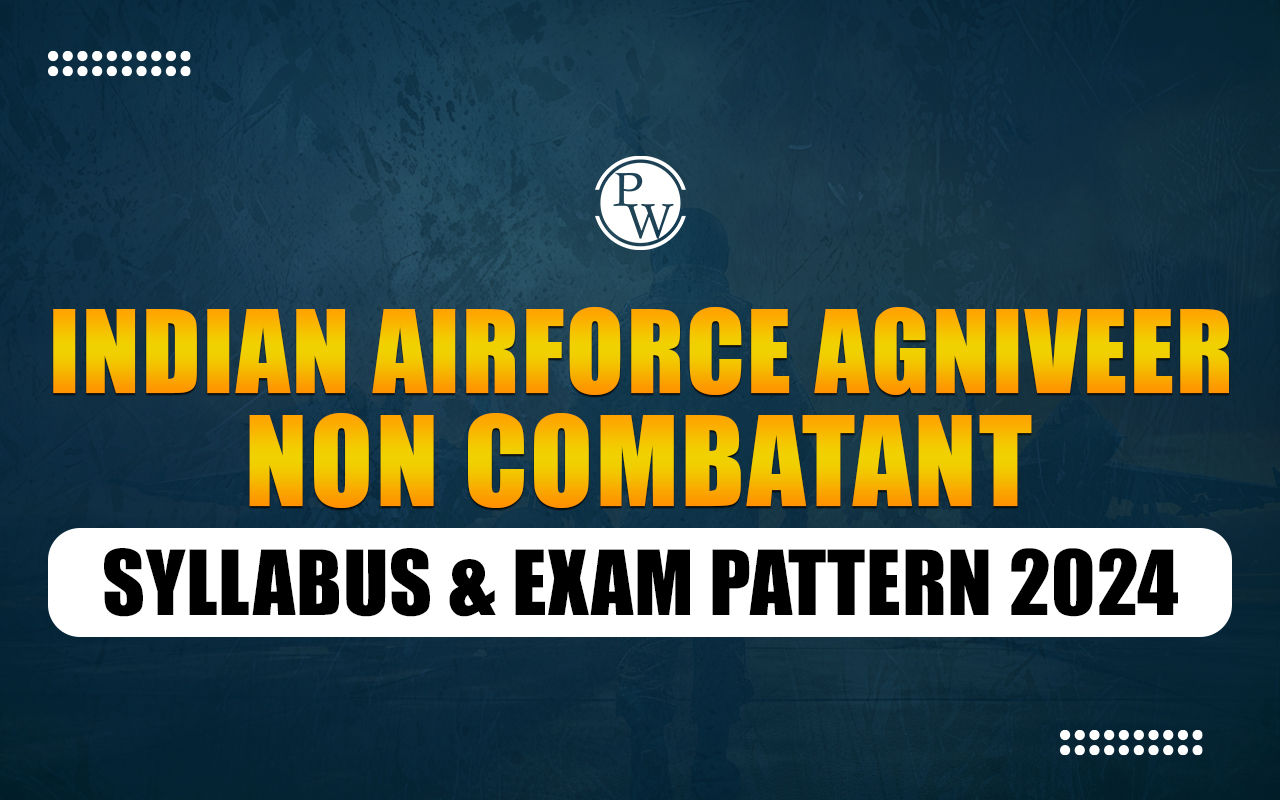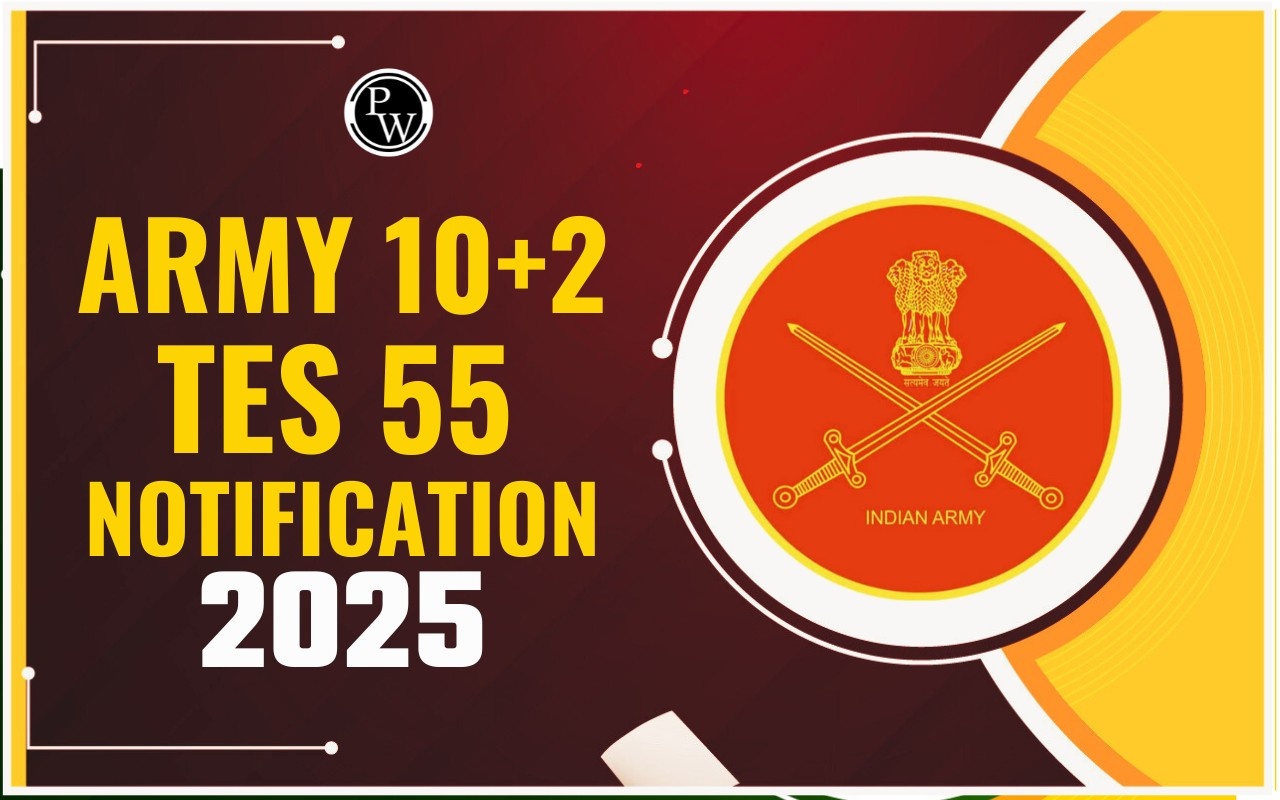

What are the Next of Kin Rules in Indian Armed Forces? The 'Next of Kin' (NOK) policy in the Indian Armed Forces plays a crucial role in determining who receives official notifications, benefits, and inheritances in the event of a soldier's death or incapacitation. Recently, the case of Captain Anshuman Singh has brought attention to potential revisions needed in these regulations.
What are NOK Rules?
In the Indian Army, the term 'next of kin' refers to the spouse, nearest relative, family member, or legal guardian of a serviceman. Initially, when a person enlists, their parents or guardians are registered as their NOK. However, upon marriage, the spouse supersedes the parents as the primary next of kin, as per Army regulations.Captain Anshuman Singh's Case: Captain Anshuman Singh, who tragically lost his life while rescuing fellow soldiers in a fire incident at Siachen, was posthumously honored with the Kirti Chakra, India's prestigious gallantry award. His parents, however, have expressed concerns over the current NOK regulations. They allege that their daughter-in-law has moved official documents and honors to her residence, affecting their access to communication and memorabilia related to their son.
Calls for Revision: Mr. Ravi Pratap Singh, Captain Singh's father, has appealed for a review of the NOK policy. He argues that parents should have equal entitlements to benefits, including healthcare updates, inheritances, and replicas of military honors, alongside the spouse of the deceased soldier. The discrepancy in entitlements has highlighted a need for more equitable policies that consider the circumstances of each family affected by a soldier's sacrifice.
Government Response and Future Implications: Efforts to revise the NOK rules are underway, with discussions initiated at the highest levels of the Defence Ministry. The aim is to ensure that future policies reflect the diverse familial structures and support needs within the armed forces community. This case serves as a poignant reminder of the complexities involved in balancing military protocols with familial rights and responsibilities.
Next of Kin (NOK) Rules in the Indian Armed Forces
The 'Next of Kin' (NOK) rules in the Indian Armed Forces delineate the hierarchy of individuals who are designated to receive official notifications, benefits, and inheritances in case a serviceman is incapacitated or deceased. Here's a detailed explanation of how these rules operate:- Definition of Next of Kin : The term 'next of kin' refers to the spouse, nearest relative, family member, or legal guardian of a serviceman. This designation is crucial as it determines who is entitled to critical information and benefits.
- Initial Registration : When an individual joins the Armed Forces, their parents or legal guardians are typically registered as their next of kin. This ensures that the immediate family members are informed and involved in official matters concerning the serviceman's service and welfare.
- Role of Spouse : Upon marriage, the spouse of the serviceman assumes the role of the primary next of kin, replacing the parents or legal guardians as per Army regulations. This transition is significant, as it affects entitlements to benefits, inheritances, and official notifications.
- Entitlements and Benefits : The next of kin status determines eligibility for various benefits and support measures provided by the government. This includes ex-gratia payments in the event of injury, death, or other service-related incidents. The designated next of kin also receives updates on healthcare, pensions, and other administrative matters.
- Administration and Clarity : These rules are designed to streamline communication channels and administrative processes during challenging times. By clearly defining who holds the next of kin status, the Armed Forces ensure that families receive necessary support and assistance promptly and efficiently.
- Review and Revisions : Instances like those highlighted by Captain Anshuman Singh's case may prompt calls for revisions to the next of kin policies. Such reviews aim to address concerns regarding fairness, equity, and the specific needs of families affected by military service-related events.
Conclusion The 'Next of Kin' rules in the Indian Armed Forces are significant in determining the support and recognition families receive in times of tragedy. The advocacy by Captain Anshuman Singh's parents highlights the importance of revisiting these policies to better address the needs of all affected families, ensuring fair treatment and support in honoring the sacrifices made by servicemen and their loved ones. By addressing these issues, the Indian Armed Forces can strive towards greater transparency and inclusivity in supporting families during challenging times.
What are the
Q1: What are the "Next of Kin" Rules in the Indian Armed Forces?
Q2: Who is considered the next of kin in the Indian Armed Forces?
Q3: What prompted the call for revision of the NOK rules?
Q4: What changes are being suggested to the NOK rules?
Q5: What benefits do the next of kin receive?




